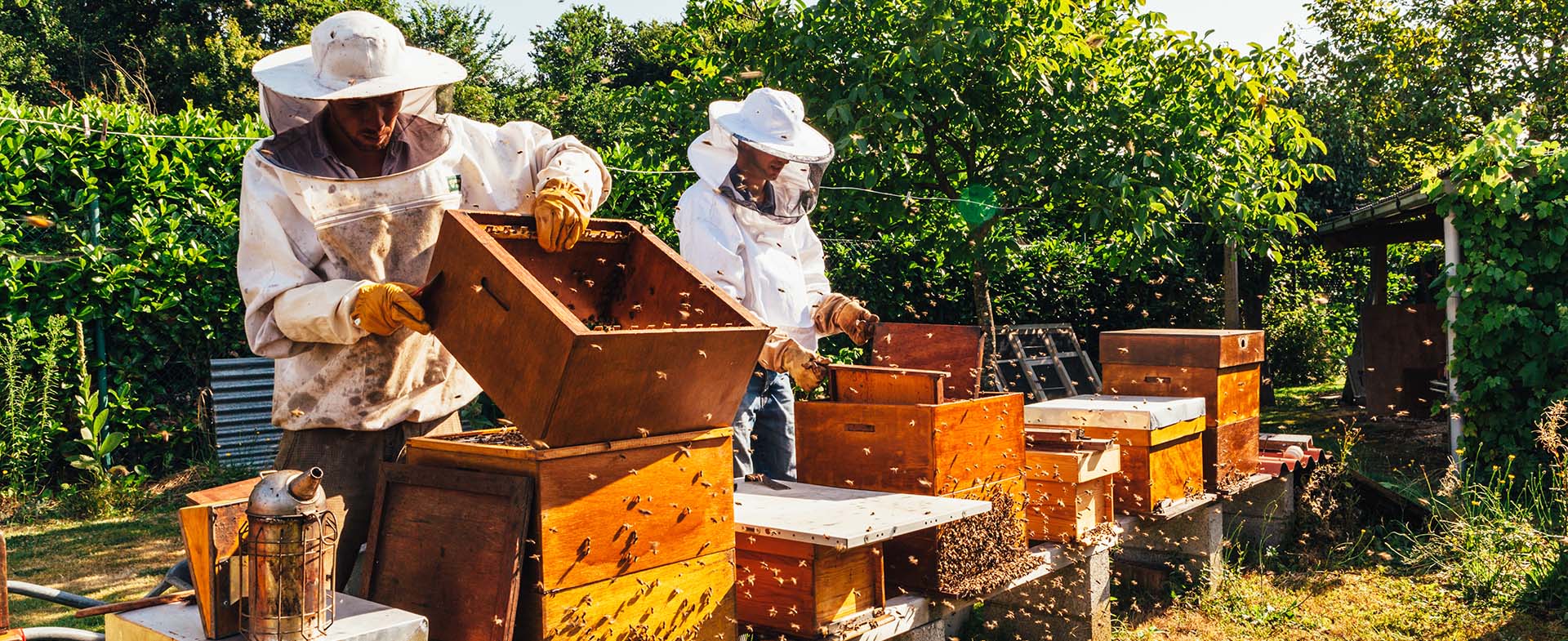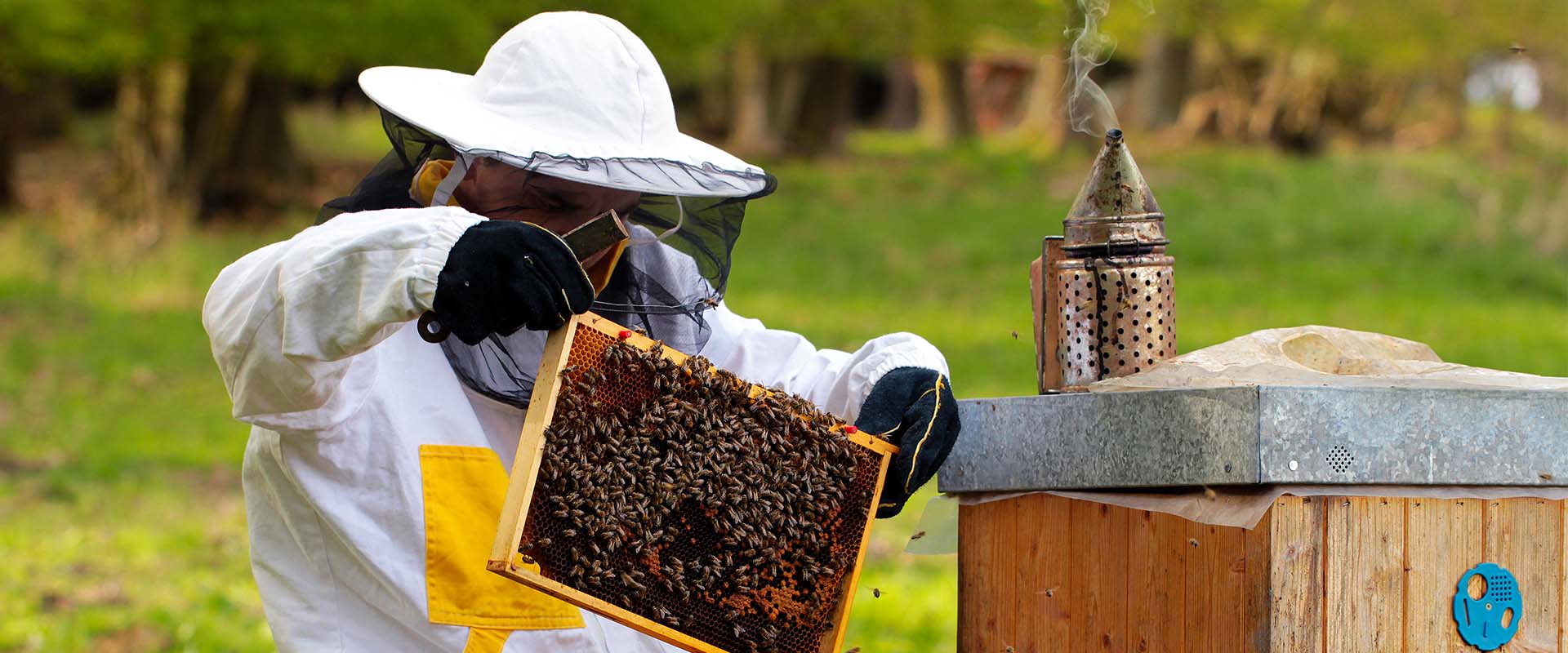“`html
Honey Goldmine: Profitable Bee businesses For Sale
body { font-family: sans-serif; line-height: 1.6; margin: 20px; }
h1, h2, h3 { color: #333; }
Honey Goldmine: Profitable Bee Businesses For Sale

The buzz about bees is more than just a catchy phrase; it’s a reflection of a thriving industry. With growing awareness of the importance of pollinators and the increasing demand for natural products like honey, beeswax, and propolis, bee businesses are becoming increasingly attractive investments. Whether you’re a seasoned entrepreneur or looking for a fulfilling lifestyle change, acquiring an established bee business could be your sweet success story. This article delves into the various aspects of bee businesses for sale, exploring the opportunities, challenges, and considerations involved.
The Appeal of Investing in a Bee Business
The allure of a bee business extends beyond the simple production of honey. It’s about contributing to a sustainable ecosystem, fostering a connection with nature, and tapping into a market that values authenticity and quality. Here’s why many are drawn to this unique sector:
Growing Demand for Natural Products
Consumers are increasingly seeking natural and organic products. Honey, beeswax, and propolis are highly valued for their health benefits and natural properties, driving consistent demand.
Environmental Stewardship

Beekeepers play a vital role in maintaining ecological balance by supporting pollination, which is crucial for agriculture and biodiversity.
Lifestyle and Flexibility
Many bee businesses offer a flexible lifestyle, allowing owners to work outdoors and manage their own schedules, especially during peak seasons.
Diversified Income Streams
Beyond honey production, bee businesses can generate revenue through pollination services, beeswax products, queen bee rearing, and educational workshops.
Types of Bee Businesses For Sale
The bee business landscape is diverse, offering various options for potential buyers. Understanding the different types of businesses available is crucial for making an informed decision:
Honey Production Operations
These businesses focus primarily on producing and selling honey. They often include a significant number of hives, extraction equipment, and established distribution channels.
Pollination Services
These businesses specialize in providing pollination services to farmers and agricultural operations. They involve transporting hives to different locations during blooming seasons.
Queen Bee Rearing and Sales
These businesses focus on breeding and selling high-quality queen bees to other beekeepers. They require specialized knowledge and equipment for queen rearing.
Beeswax and Propolis Businesses
These businesses specialize in creating products from beeswax (candles, balms) and propolis (tinctures, ointments). They often have established retail channels.
Educational and Tourism-Focused Apiaries
These businesses combine beekeeping with educational workshops, tours, and honey tasting experiences, catering to tourists and local communities.
Key Considerations When Buying a Bee Business
Purchasing a bee business requires careful due diligence and a thorough understanding of the industry. Here are some critical factors to consider:
Hive Health and Management
Assess the health and condition of the hives. Check for diseases, pests, and the overall management practices of the current owner. A healthy hive is a productive hive.
Equipment and Infrastructure
Evaluate the condition and functionality of all equipment, including extraction machines, smokers, hive tools, and transportation vehicles. Ensure that the infrastructure, such as storage facilities and honey houses, meets your needs.
Location and Accessibility
Consider the location of the apiary and its accessibility. Proximity to nectar sources, agricultural areas, and markets is crucial. Also, consider local regulations and zoning laws.
Established Customer Base and Distribution Channels
A business with an established customer base and reliable distribution channels offers a significant advantage. Evaluate existing contracts with retailers, farmers, and other clients.
Financial Records and Performance
Thoroughly review the financial records of the business, including income statements, balance sheets, and cash flow statements. Assess the profitability and potential for growth.
Seller’s Reputation and Experience
Consider the seller’s reputation and experience in the industry. Their knowledge and expertise can be valuable assets during the transition period.
Legal and Regulatory Compliance
Ensure that the business complies with all relevant legal and regulatory requirements, including permits, licenses, and food safety standards.
Climate and Environmental Factors
Consider the local climate and environmental conditions, as they can significantly impact bee health and honey production. Research the region’s flora, weather patterns, and potential environmental risks.
Due Diligence: Uncovering the Sweet Details
Due diligence is a crucial step in the acquisition process. It involves a thorough investigation of the business to ensure that you are making a sound investment. Here are some key areas to focus on:
Inventory and Asset Valuation
Conduct a detailed inventory of all assets, including hives, equipment, and honey stores. Obtain independent valuations to ensure fair pricing.
Review of Contracts and Agreements
Carefully review all existing contracts with customers, suppliers, and landlords. Ensure that these agreements are transferable and beneficial.
Inspection of Hive Health and Disease Management
Hire a qualified beekeeper or apiary inspector to assess the health of the hives and identify any potential disease or pest issues.
Assessment of Land and Lease Agreements
If the business operates on leased land, review the lease agreement and ensure that it is favorable and transferable.
Verification of Financial Claims
Verify the accuracy of the financial records and claims made by the seller. Consider hiring an accountant to conduct a financial audit.
Financing Your Bee Business Acquisition
Financing the purchase of a bee business may require a combination of personal savings, loans, and grants. Here are some financing options to consider:
Small Business Loans
Explore small business loans from banks and credit unions. Prepare a comprehensive business plan and financial projections to support your loan application.
USDA Farm Loans
The U.S. Department of Agriculture (USDA) offers farm loans for agricultural businesses, including beekeeping operations. These loans often have favorable interest rates and terms.
Seller Financing
Consider negotiating seller financing, where the seller agrees to finance a portion of the purchase price. This can be a viable option if traditional financing is difficult to obtain.
Grants and Funding Opportunities
Research grants and funding opportunities available for agricultural and environmental businesses. Many organizations offer grants to support sustainable farming practices and pollinator conservation.
Transitioning and Growing Your Bee Business
After acquiring a bee business, a smooth transition is essential for continued success. Here are some strategies for managing the transition and growing your business:
Maintain Existing Relationships
Maintain and strengthen existing relationships with customers, suppliers, and partners. Building trust and rapport is crucial for long-term success.
Invest in Hive Health and Management
Prioritize hive health and implement effective management practices to ensure optimal honey production and pollination services.
Explore New Markets and Products
Explore new markets and product offerings to expand your revenue streams. Consider developing value-added products, such as flavored honey, beeswax candles, or propolis tinctures.
Embrace Technology and Innovation
Embrace technology and innovation to improve efficiency and productivity. Consider using hive monitoring systems, automated extraction equipment, and online marketing tools.
Develop a Strong Brand and Marketing Strategy
Develop a strong brand identity and marketing strategy to differentiate your business from competitors. Highlight the quality and sustainability of your products and services.
Invest in Education and Training
Continuously invest in education and training to stay updated on the latest beekeeping practices and industry trends. Attend workshops, conferences, and online courses.
The Sweet Rewards of Bee Business Ownership
Owning a bee business offers a unique blend of financial rewards, environmental stewardship, and personal fulfillment. While it requires dedication and hard work, the sweet rewards of producing high-quality honey, supporting pollinators, and contributing to a sustainable ecosystem are immeasurable. If you’re passionate about nature, entrepreneurship, and making a positive impact, a bee business could be the perfect investment for you.
“`

